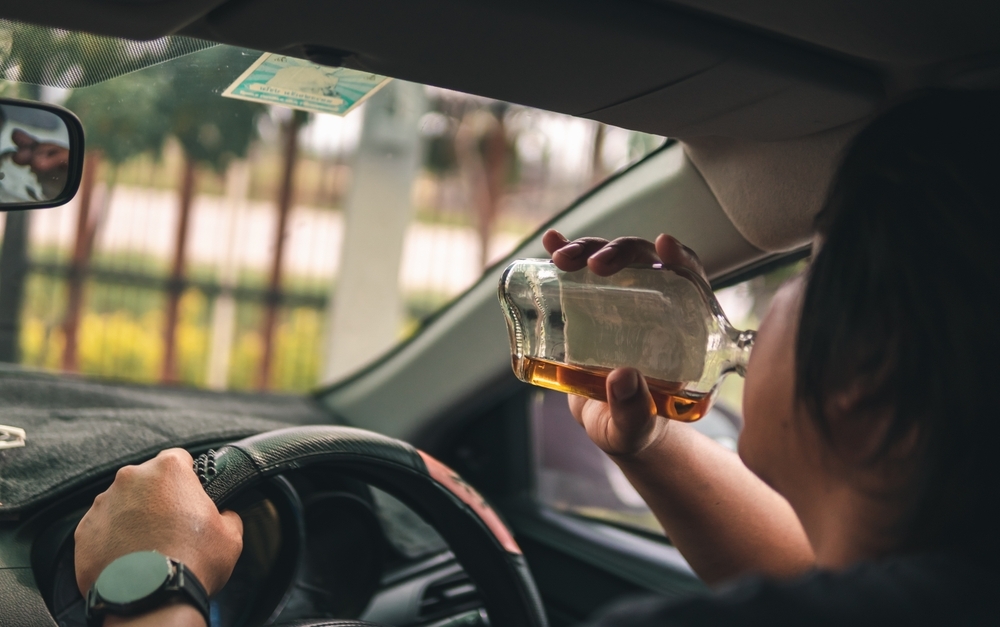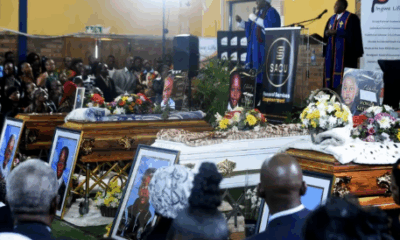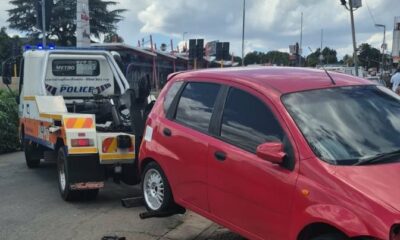Best of Johannesburg
What Really Happens If You Refuse a Breathalyser in South Africa In 2025

Refusing isn’t just risky. It’s a legal offence.
Let’s be honest. Whether it’s after dinner with friends or a night out in Braam, many South Africans still believe they can talk their way out of a breathalyser test. But in 2025, that move can cost you more than just your weekend.
If you’re pulled over and suspected of driving under the influence, refusing to take a breathalyser or blood alcohol test is not a loophole. It’s a criminal offence.
What the law allows
According to current law in South Africa, you cannot legally refuse a breath or blood alcohol test when police suspect you’ve been drinking and driving. If you do, the following steps can and usually will happen:
-
Immediate arrest and detention. You can be taken into custody on the spot.
-
Forced blood test. If you refuse the breathalyser, police may apply for a warrant or use authorised force to obtain a blood sample.
-
Court charges. Refusing the test won’t protect you from prosecution. In fact, it can become part of the case against you.
-
Evidence stacking. Even without a test, officers can rely on other observations like erratic driving, slurred speech, or the smell of alcohol.
What penalties you’re really facing
If you’re found guilty of driving under the influence, whether from a test result or credible evidence, here’s what you’re in for:
-
Criminal record. Which can affect your job, visa applications, and insurance.
-
Heavy fines. The exact amount varies, but it’s often thousands of rands.
-
Licence suspension. Even a first offence can lead to suspension. Repeat offenders face longer bans or cancellation.
-
Possible jail time. Especially in cases involving harm or multiple offences.
The punishment is no longer just symbolic. With road deaths still high and enforcement tightening, the courts are less lenient in 2025.
What hasn’t changed (yet)
Contrary to some online chatter, South Africa has not yet passed a “zero-tolerance” alcohol law. The current legal blood alcohol concentration (BAC) limits still apply:
-
0.05 g/100 ml for regular drivers
-
0.02 g/100 ml for professional drivers
You’re not breaking the law for having any trace of alcohol in your system, but once you’re over those limits or behaving recklessly, the consequences kick in.
Still, the conversation around stricter limits is ongoing, and proposals for zero-tolerance laws remain on the table. The law may change, but for now, refusal is still a crime and not a clever way out.
What you can do
You do have rights, even in a high-stress stop. If you’re asked to test:
-
Ask calmly what you’re being stopped for.
-
Comply with the test. Fighting it rarely ends well.
-
Ask for legal assistance. You’re entitled to contact a lawyer or request legal aid if needed.
-
Make notes or voice memos. Record what happened after the fact, especially if you believe you were mistreated.
If your blood is tested, the sample must be taken by a registered nurse or medical doctor. It’s your right to know who is doing it.
The bottom line
Refusing a breathalyser in South Africa isn’t a shield. It’s a shortcut to arrest, possible force, and a far more complicated legal battle. The idea that you can “get away with it” by refusing is an outdated myth.
Whether you’ve had one glass or more, the safest move is always the same: don’t drive. But if you are pulled over, knowing your rights and the actual law in 2025 can protect you from making a bad situation worse.
Also read: Can a City Inspector Legally Enter Your Property? What to Know in South Africa 2025
Follow Joburg ETC on Facebook, Twitter, TikT
For more News in Johannesburg, visit joburgetc.com
Featured Image: Primrose Lodge



























